Αντικείμενο του μαθήματος αποτελεί η δημοσιονομική θεωρία και πολιτική, δηλαδή το πεδίο της οικονομικής επιστήμης που πραγματεύεται τη δραστηριότητα του κράτους αναφορικά με τις δαπάνες και τη φορολογία του. Μετά το πέρας των διαλέξεων, οι φοιτητές θα κατανοούν πλήρως τις ατέλειες της αγοράς, με έμφαση στις εξωτερικότητες και τα δημόσια αγαθά, και την αναγκαιότητα της παρέμβασης του κράτους για την επίτευξη της άριστης κατανομής των παραγωγικών πόρων. Επιπλέον, θα αφομοιώσουν τις αρχές, τους μηχανισμούς, και τα βασικά θεωρήματα των οικονομικών της ευημερίας, έτσι ώστε να είναι σε θέση να αντιληφθούν την έννοια της κοινωνικής ευημερίας και της κοινωνικής αριστοποίησης και να επιλύουν σχετικά προβλήματα. Επίσης, θα αποκτήσουν προχωρημένες γνώσεις πάνω στα μέσα άσκησης δημοσιονομικής πολιτικής (δημόσιες δαπάνες, φόροι, δημόσιος δανεισμός) και στις επιπτώσεις τους στην οικονομία. Τέλος, οι φοιτητές θα είναι σε θέση να εφαρμόζουν τα εργαλεία της οικονομικής θεωρίας για την ανάλυση των διάφορων επιμέρους ζητημάτων της δημοσιονομικής πολιτικής και θα αναπτύξουν κριτική σκέψη.
Καθηγητές
Επιλέξτε για να δείτε περισσότερες πληροφορίες για κάθε καθηγητή.
| Όνομα | Τίτλος | |
|---|---|---|
| Δάλλα Ελένη | Επίκουρη Καθηγήτρια | edalla@econ.duth.gr |


